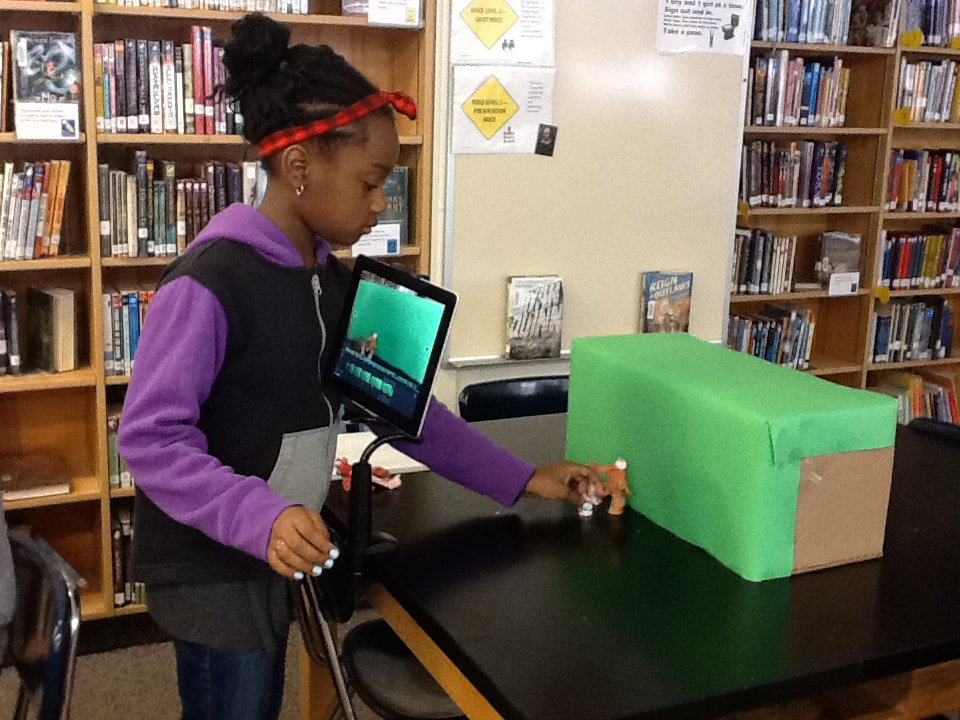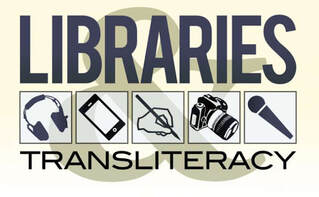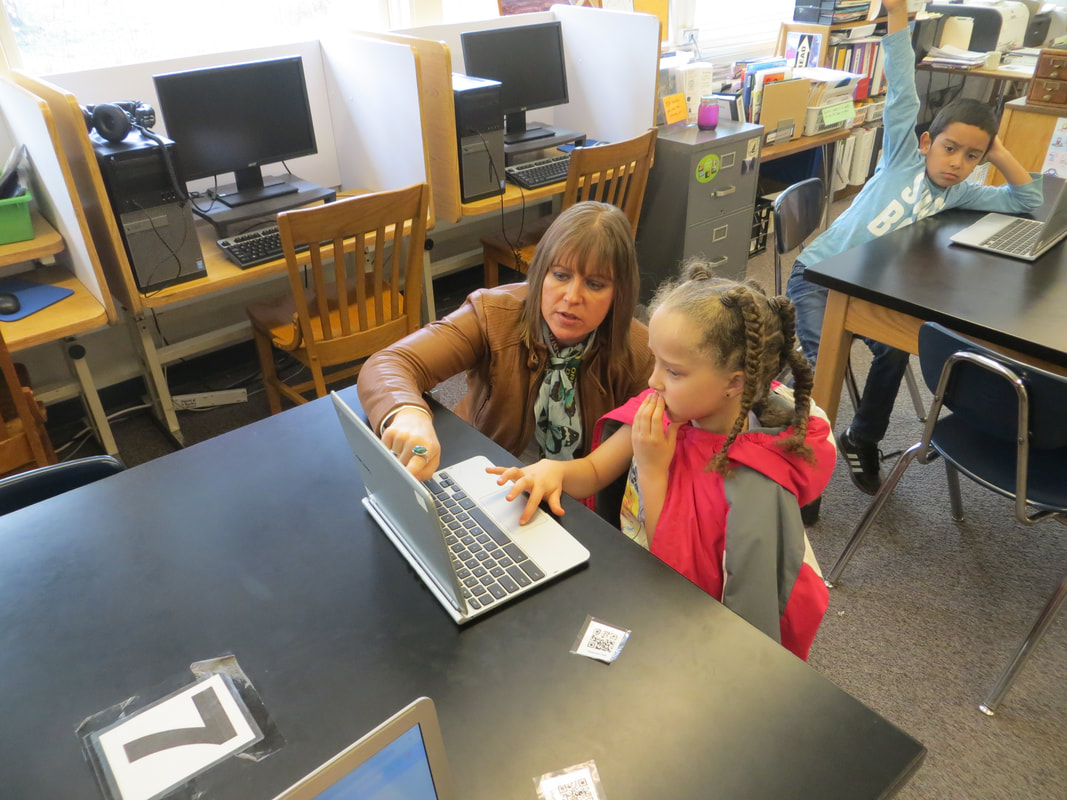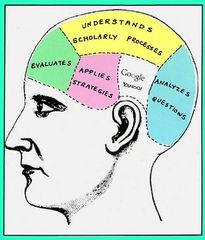|
PowerPoint Presentation submitted October 1, 2011 at the Fall Conference of the Oregon Council for Teachers of English
1 Comment
MEDIA LINKS: Use the following as writing prompts in your classroom,
1. Popular Culture and Environmental Justice 2. Sign up for a Public Radio Exchange (PRX) account to get access to The Environment Report. Ads Use Nature to Sell SUVs. 3. Honda Civic Hybrid commercial 4. Ecomagination from GE: website 5. Keep American Beautiful Campaign Discuss PSAs (public service announcements) 6. Guide for the Use of Environmental Marketing Campaigns, from the Federal Trade Commission. Cross-curricular connection to Marketing & Economics classes. 7. Other Popular Culture images and ideas to discuss: Smokey the Bear, the recycling logo, popular films: Erin Brockovich (2000), The China Syndrome (1979), A Civil Action (1999) Best for AP Students 1. Representations of Nature in Popular Culture 2. Crude Awakening A You Tube montage of Jane Fulton Alt's photo essay, set to Hurt, by Johnny Cash. 3. Jane Fulton Alt : See Burn, Crude Awakening, Katrina, and Visitations 4. Read Apologia, by Barry Lopez. A small but powerful essay on roadkill. Resources for Teachers Action for Nature Great list of links. Nature Study Gem resources hidden among the advertising. Teacher Ranger Teacher Program, hosted by the National Park Service. Acorn Naturalists
Teaching Writing Through Science. Order Books and Supplies. Smithsonian Education Introduction to the Nature Journal Sierra Club Keeping a Nature Journal. Includes template Nature Journaling Blog For Primary Grades lesson on nature journals USFWS lesson and resources Ideas for home school Okay middle school students, show the world complete sentences and thoughtful comments. Answer this (4 sentence min.):
What do you like to read about, and why? Okay 5th graders. Show the world complete sentences and thoughtful comments. Answer this (3 sentence min.):
What do you like to spend your time reading, and why? The Shallows: What the Internet is Doing to Our Brains
by Nicholas Carr 2010. 276 pp. $26.95 hc. W. W. Norton & Co., Inc. 9780393072228. Part criticism, part it-is-what-it-is, this book is a condensed cultural history of technology filled with anecdotes about the movers and shakers of info-proliferation…and exploitation. Carr begins with a historic paradigm shift, a revolutionary advancement that re-wired our neurons. Socrates’ oral culture lost out to Plato’s written one. Gutenberg then revolutionized writing by introducing an invention that made it widely accessible. While Carr dissects the backstage of the brain and the discovery of neuroplasticity, the reader never feels shut out by obscure references to physiology. Using layman’s terms however, does not reduce the elegance with which Carr relates anecdotes such as Lee de Forest’s Audion, the “church” of Google, and computerized writing test assessment of British students. The Shallows, in the end, refers both to the limits of mechanized computations and the operational capacities of our brains when strung out over a myriad of media inputs. While Carr’s prose is not as hard-boiled as, say, Jared Lanier’s You Are Not a Gadget: A Manifesto, but he nonetheless spins a cautionary thread into this readable exploration of our brains on technology, from cuneiform to e-readers. Amid all our salivating and self-congratulations for the latest advancements, will we find an app for wisdom, creativity, and deep thinking? If so, where does that leave our intelligence? Ultimately, what sets us apart from HAL-like emoticons, from algorithms? Carr does not try to tackle these questions, rather, he gently challenges us to harken back to “deep reading,” that is to say, to consider our own interactions with technology and reflect how our own cognition may or may not be changing. Perhaps, ironically, one of the more objectively written accounts of how science and media studies are intermingling. Finalist for the 2011 Pulitzer Prize in General Nonfiction. Highly Recommended. Jenny Gapp, Librarian. Rotters
by Daniel Kraus 2011. 464 pp. $16.99 hc. Delacorte Press (Random House). 9780385738476. Grades 9-12 Mortality. In a modern take on Hamlet’s ode to Yorick , this gripping novel contemplates the fate of the body post-mortem, and visits the common YA motif of absent and estranged parents in a new and gruesome light. Through the voice of sixteen-year-old Joey “The Son” Crouch, artfully packed prose grapples with the beauty and horror of gore. “Rotters” refer to the rest of humanity who are not “Diggers,” those who make an art of disinterring human remains, removing valuables as a means to make a living. After his mother’s untimely death, Joey leaves Chicago for rural Bloughton, Iowa, where his father, Ken “The Garbage Man” Hartnett, lives in a squalid cabin eating onions like apples and plotting his next grave robbing expedition. In between trying to come to terms with his ‘Digger Dad’ Joey struggles to cope at his new high school: Woody, the privileged jock gets away with brutal hazing until he is disturbingly out pranked; Celeste, the girl with an incorruptible physique rotting internally with self-ambition; Foley, the metal head who teaches Joey “The Crotch” how to be invisible; Gottschalk, the sadistic Biology teacher; and Ted, the Band teacher who imparts the lesson of persistence. Kraus’ insight into the human spirit waxes out personalities that would be superficial in less masterful hands. Even so the truism that we are deeper than the sum of our exterior is turned on its head by the curious character of Boggs, a walking, talking putrefier who just wants to be loved. As the Diggers use their tools—Grinder, The Root, Harpakhrad—so the author renders the poetics of death. In the tradition of Poe and Hawthorne, the macabre has never been so delightfully solemn or so ghoulishly rewarding. Reluctant reader appeal. Boys will love this. Not for the squeamish. Highly Recommended. Jenny Gapp, Librarian Materials for Conference Presentation Friday April 15th 2011 Glitteringly Direct: A Framework for the Integration of Media Studies Based on an article published in the Spring issue of OCTE's Oregon English Journal.
Download music for free...legally.
An article in The Oregonian today announced the launch of Multnomah County Library's new feature: Freegal Music, a download service. The catalog includes 500,000 songs, and you can download up to three songs per week. Once you download them, they're yours!! Here's how to do it: 1) You need a Multnomah Co. Library Card. If you live in Washington Co. you can still get a card for Multnomah at no cost. 2) Go to www.multcolib.com/freegal 3) Enter your library card number and PIN 4) Search for the song you want to download. Article on Freegal at Oregon Live. While we are a private school, it is important to note how VCS stacks up against the Minimum Criteria for Quality School Libraries as determined by the Quality Education Commission (governed by the Oregon Department of Education).
The minimum Middle & High School criteria is 1.0 FTE Certified School Librarian and 1.0 FTE Library Support Staff with a total expenditure of $31 per middle school student and $36 per high school student. The expenditure includes books & periodicals, both print & electronic. We have about 450 kids (both middle and high). For the 2009-2010 school year we are spend ing about $7,000 on print books & periodicals(including film & audiobooks), or $15.50 per student; however when we add the $8,000 and some we spend on electronic databases, that figures to an expenditure of $33 per student--right in the QEM ballpark. There is, however, room for improvement. As for staffing, we fall short in the area of support staffing as Ms. Fellows is not full time; she receives 950 hours per year which places her somewhere between .5 and .75 FTE. Read the 2010 QEM Report on Public School Libraries |
Media Blog"I have advocated for 30 years that, in order to preserve our democracy and protect ourselves against demagogues,we should have courses in schools on how to watch TV, how to read newspapers, how to analyze a speech – how to understand the limitations of Quick Links
All
Archives
January 2014
|
||||||||||||||||||




 RSS Feed
RSS Feed